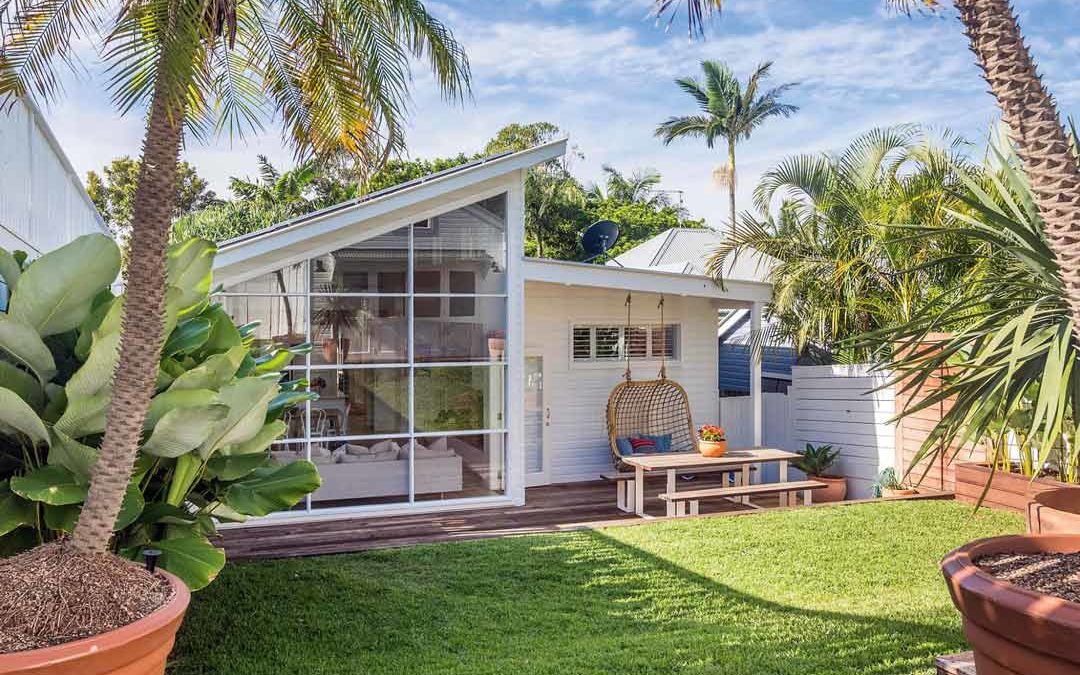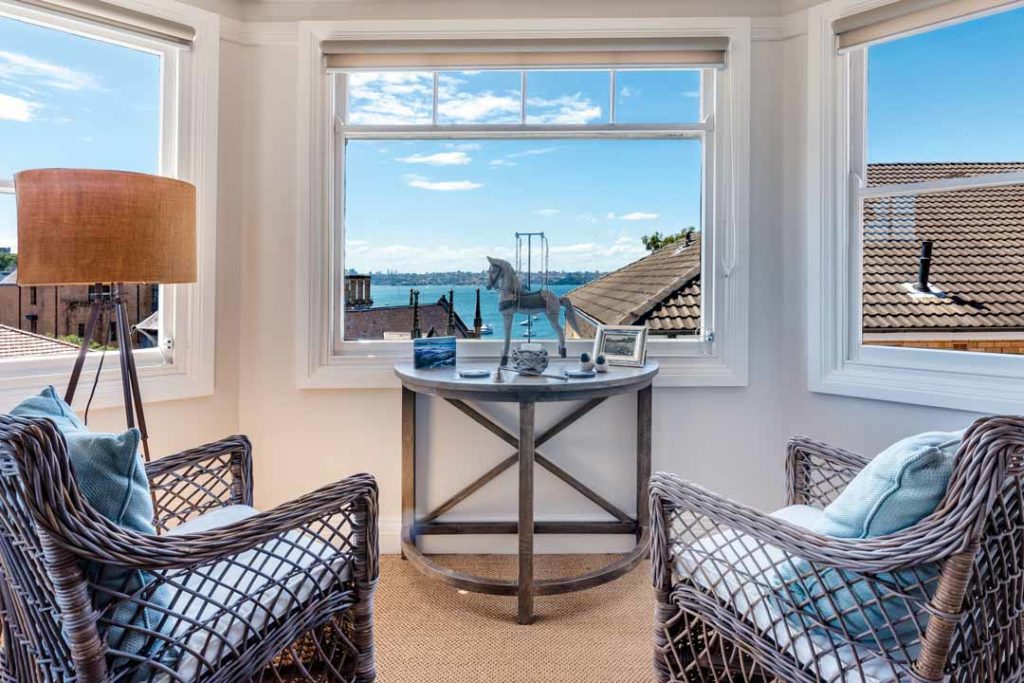The pros and cons of owning a holiday home are far-reaching. But with solid homework and the right approach, Australians are reaping the rewards of short-term rentals. We explain the ‘hows’ and ‘whys’.
Cons of owning a holiday home in Australia
Thanks to the sharing economy and property portals like Airbnb, Stayz and Booking.com, an increasing number of short-term rentals are earning more than the average office worker does in a year as Aussies seek out a holiday home over a hotel room.
While the exact number of so-called holiday homes is hard to determine (some otherwise primary properties only play the part seasonally), the last census noted that the Central Coast and Shoalhaven areas, both within close proximity to Sydney, were home to the largest concentration.
Matt Knight, Buyer’s Agent and Director of Precium Property, operates across the Shoalhaven area. He says that while a popular rental can rake in thousands of dollars a night in high season, as well as brownie points with friends and family, they can also cost a pretty penny.
“If you don’t build the rental income, it will end up costing you money each year. Bad management, or a home being over-used by family, can result in $10,000 to $30,000 a year in negative cash flow,” he explains.
Other common pitfalls of owning a holiday home include owners not taking into account extended vacancies between peak seasons and the ongoing costs of maintaining the asset. “Management fees, cleaning, council rates, maintenance and insurance are significant ongoing costs to factor in. Then there’s providing linen and keeping the gardens well-kept which are also important and cost money. The best properties are expensive for a reason,” Matt says, adding that buyers should also check in with their accountant to determine the ultimate cost of income and capital gains taxes.
Pros of owning a holiday home in Australia
Today’s holiday homes are well-oiled machines and while the motivation behind buying one is often about sun and fun, Christian Sergiacomi of Pacifico Property in Byron Bay says the dollar is still a major driver.
“I’ve had clients who never needed to rent their homes out. It’s amazing though, even if they don’t need to, even if they have all the capacity in the world, there’s a reason they’ve made it to that point – because they like the dollar. Some have asked, ‘How much did you say that house next to me was?’ When I tell them they can get $35,000 a week, they suddenly change their tune!”
However, Gold Coast Buyer’s Agent Tony Coughran of Simply GC says it’s not just about money.
“I had a client living on the land who bought because they wanted a beach holiday home for their family to use in the holiday periods, and rent out in the downtime,” he says. “So they’re not banking on an absolute return, but they’re picking up a lifestyle return. It’s about weighing up the lifestyle benefits. Like any investment, if you want to spend $60,000 on a pool it might only add $45,000 in value to your home, but you make up the balance in laughs, good time and memories.”
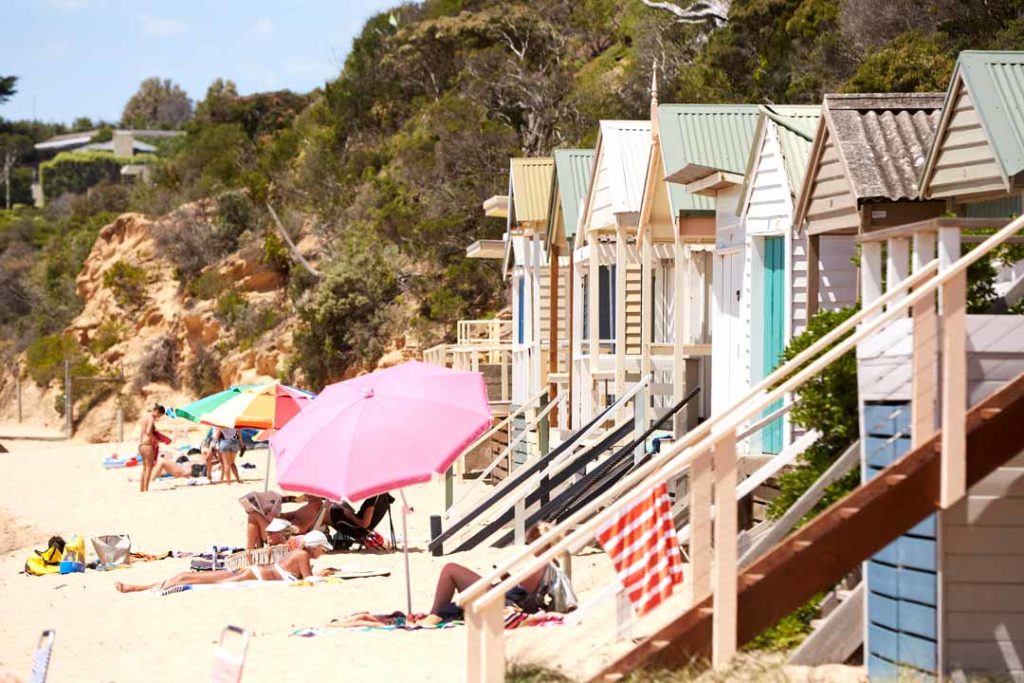
Treat owning a holiday home like a business
While fun, holiday homes offer a taxable income stream, so handle them like a pro.
“Short-term rentals are like long-term investments, but they do require a little more focus, similar to owning a small side business. If you want a purely passive investment, this probably isn’t it,” Matt explains. “Treat it like a business and profit from the peak season. Don’t give in to your cousin who suddenly becomes best buddies and wants to stay the week of Christmas – and don’t take up all the peak periods yourself. The more you treat it like an investment in the early years, the better the financial rewards and the more freedom you will have later on.”
Christian says another good move for holiday rentals is the stylish backyard studio: “Using them for Airbnb is a brilliant business model because they’re rentable all year, as it’s mostly couples staying in them and they’re not confined to school holidays. Where it’s a wedding venue, like Byron Bay, every guest needs to stay somewhere and they’re not usually having big parties at your place.”
Do research before buying a holiday home
If it looks too good to be true, Tony says, it just might be.
“Interstate buyers need to establish what holidaymakers really want in a location. Consider the level of the unit, the aspect and its size. It can make a big difference if you know what you’re doing,” he explains. “A lot of interstaters are paying an unnecessary premium and the selling agents love it. Some of them are buying properties that are B- and C-grade, not A-grade. Get your money going further, otherwise you’ll be eating into your capital growth.”
Other things to research, particularly when buying an apartment with amenities, include body corporate acceptance of short-term rentals, whether the sinking fund covers beachside hiccups like concrete cancer and just how pricey the strata fees are.
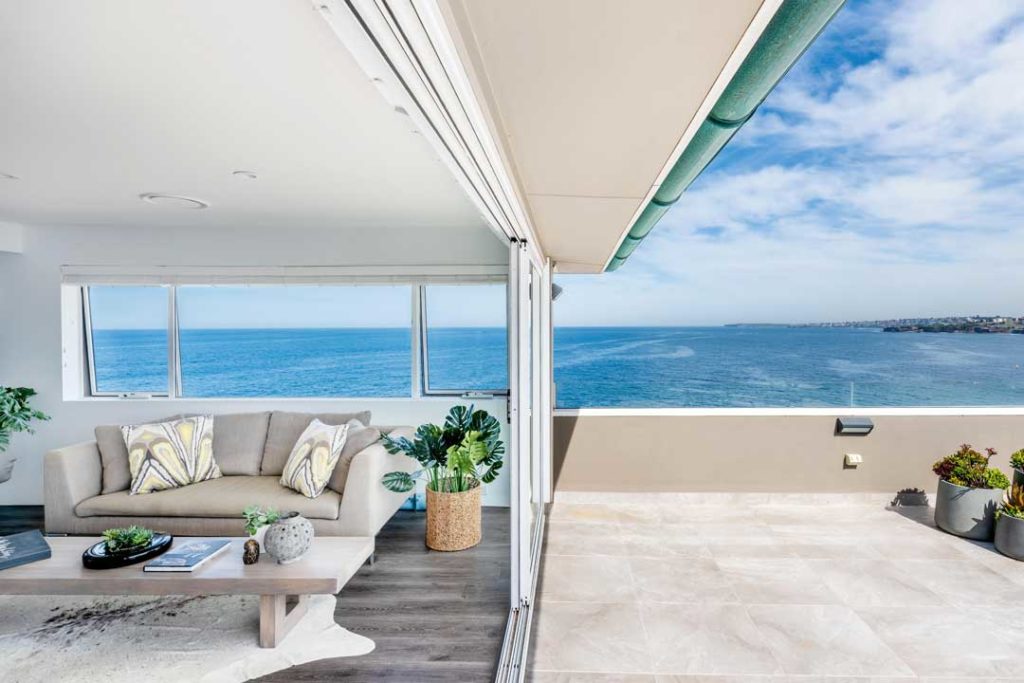
Consider a niche market when buying a holiday home
People want a holiday experience to remember and it can start with the accommodation. “Australian tourists are happy with ‘quirky’ and will tolerate older homes as long as they are clean, well decorated and fun,” Matt says.
Then there are the successful listings with owners who think outside the square by offering things such as pet-friendly accommodation, themed decor, backyard glamping or even eco-living.
However, in a mainstream destination, Tony says it’s even more important to stand out.
“Buyers should be looking at the fundamentals of the property, like is it going to increase in value, but also make sure it has a significant point of difference,” he explains. “Draw people to rent your property as opposed to the dime-a-dozen homes on offer.”
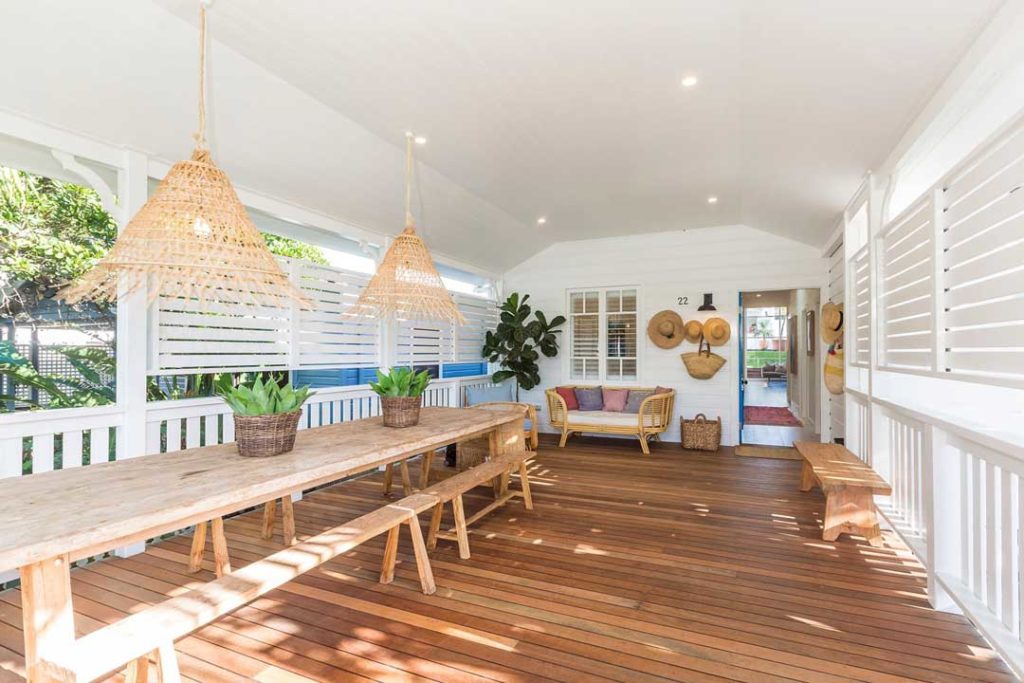
Present your holiday home well
A picture tells a thousand words when it comes to booking a holiday, so how you look online and what you can offer is vital, according to Monique Eyles and Steve Keir of Hotelesque, a luxury concierge service for high-end short-term rentals.
“Presentation is key. With many owners setting up their holiday homes more like a hotel, it’s important to pay attention to styling,” Monique says. “Remove unnecessary items as the modern traveller is far more discerning; they don’t like a massive amount of owner belongings. Use storage options in the home, or lock off a room for your personal items.
“Also make sure everything is working perfectly and create a guide as to how to operate things in the home.”
“Many owners start out looking after their holiday homes but realise it can be a lot of work, and sometimes they’re not located close enough to easily support it when things go wrong,” Monique says. “Being on-call for broken appliances is not what owners dream of.”
Steve adds that being on-call for a last-minute booking request or late-night call for help just doesn’t suit time-poor people.
“We’ve found one person’s ‘clean and perfect’ is not always up to someone else’s standards. At Hotelesque we have been honing our cleaning skills for more than 5000 guest stays, and that gives us certainty that the guest will not be disappointed. We call that Hotelessence,” he says.
To discover more about the regional property market, click here.

